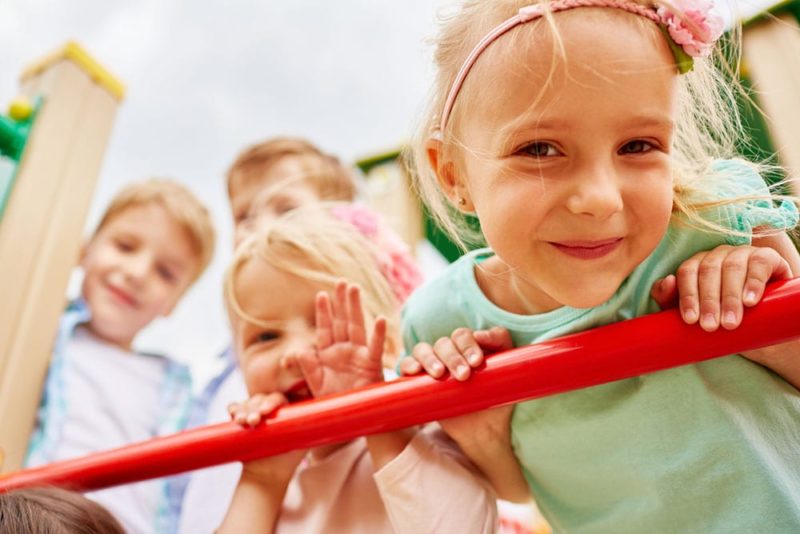Welcome to part 2 of our blog series, All Things School Readiness!
In this segment, we’ll dive deeper into the additional essential skills needed to ensure a smooth and successful transition for your child into kindergarten.
Emotional & Sensory Regulation:
Self-regulation involves the development of emotional regulation skills in children, enabling them to identify and manage emotions effectively. It also encompasses the ability to follow instructions, sustain attention, and control impulses. It’s important to emphasize that self-regulation does not develop in isolation; it relies on co-regulation. Co-regulation occurs when caregivers provide supportive and responsive interactions that model appropriate behaviour and assist in managing emotional situations. Neurologically, children do not fully develop independent self-regulation until their mid-20s to 30s when their executive brain is considered fully developed. Therefore, it’s unrealistic to expect children to achieve self-regulation without the supportive framework of co-regulation.
Some considerations regarding your child’s emotional and sensory regulation prior to starting kindergarten may include:
- Are they able to remain focused for periods of time which are appropriate to their age and follow multi-step instructions?
- Are they able to participate in effective turn taking?
- Do they have a baseline foundation of emotional literacy skills? E.g. can they read when others are feeling a particular emotion and why?
- Does your child required modified seating arrangements to assist them in participating in activities, whilst also maintaining personal space amongst peers?
Resilience:
Resilience is a critical skill for kindergarten children from a therapeutic perspective for several reasons. Here’s a look at why it’s important and how it impacts their development.
Firstly, we have emotional regulation. Resilience can assist children in managing with their emotions effectively. In kindergarten, children face a range of new experiences and challenges, such as separation from parents, navigating social interactions, and adapting to a structured environment. By developing your child’s resilience, they are able to adapt readily to these changes, whether it be adjusting to new routines, rules or expectations. This adaptability is crucial for their overall well-being and transition into school.
Furthering that idea, resilience plays a crucial role in social skill development and self-esteem. Resilience fosters children’s ability to ‘bounce back’ from social setbacks, such as conflicts with peers. The ability to recover and persist from these challenges, helps them build and maintain positive relationships ongoing. In addition, overcoming such challenges helps build their self-esteem and persistence. This can lead to improved learning outcomes as they are willing to try new strategies and continue trying their best when encountering difficulties.
Social Skills:
Lastly, social skills play a fundamental role for kindergarten children as it helps them navigate their emotions whilst interacting with others. Skills like sharing, turn taking and expression of one’s feelings allow children to manage and reduce instances of frustration and anger.
Moreover, the ability in developing strong social skills enables children to form and maintain positive relationships amongst each other. This is vital for their sense of belonging and self-worth. By fostering these social connections, we allow children the opportunity to handle conflicts constructively, in addition to developing their skills in negotiating and problem solving. These social skills expand into the communication sector, as children begin to learn how to express oneself clearly and develop their understanding of the non-verbal cues crucial for engaging in conversations.
So, lets encourage our children to grab those pencils and ready, set, school!


